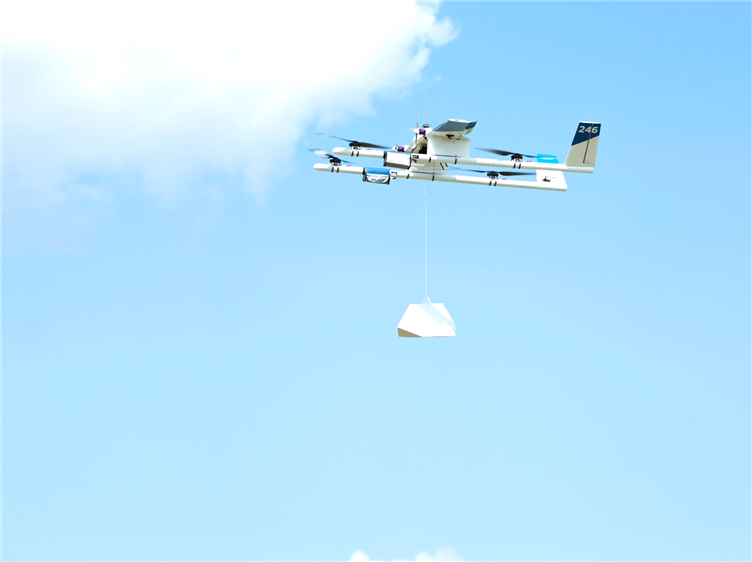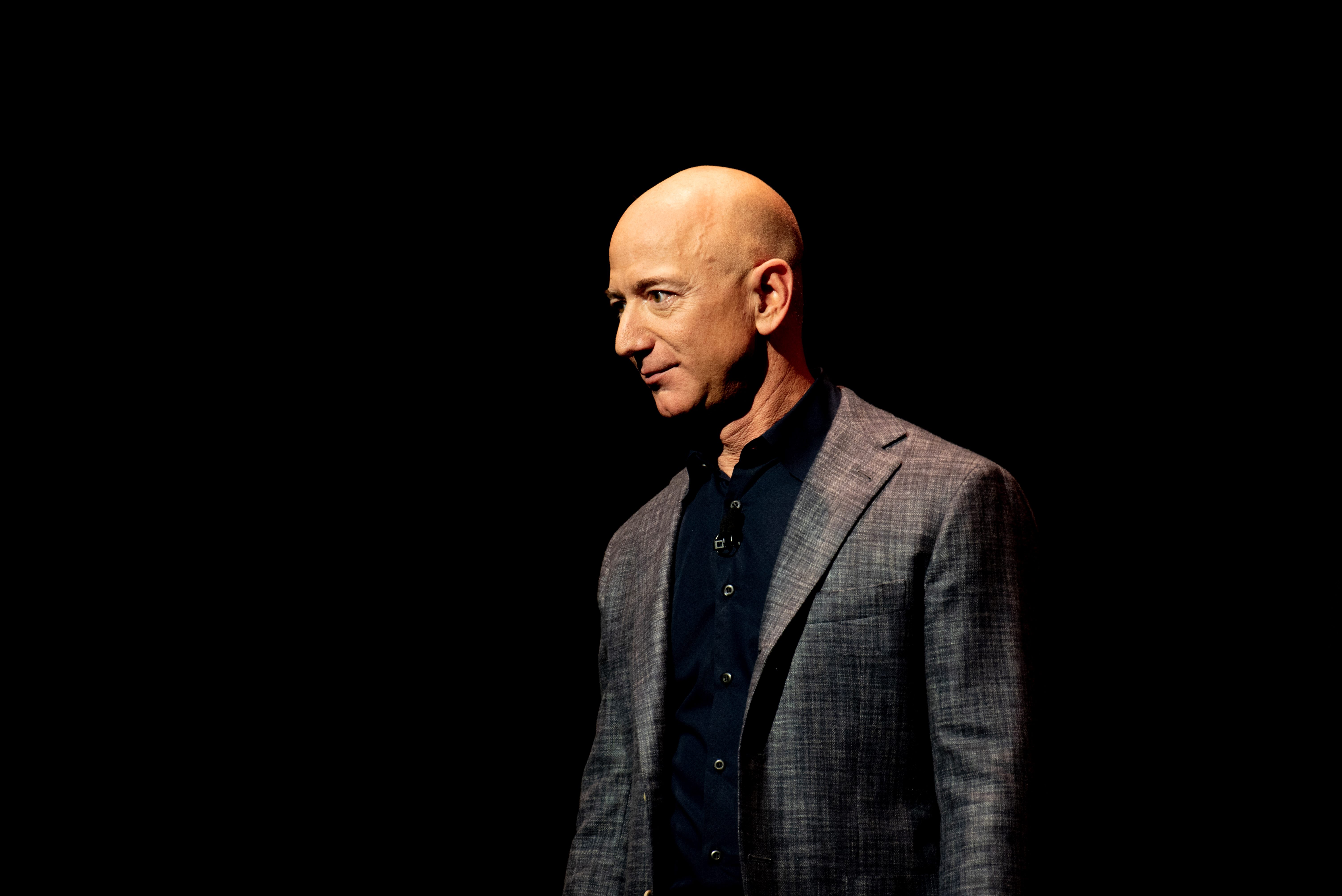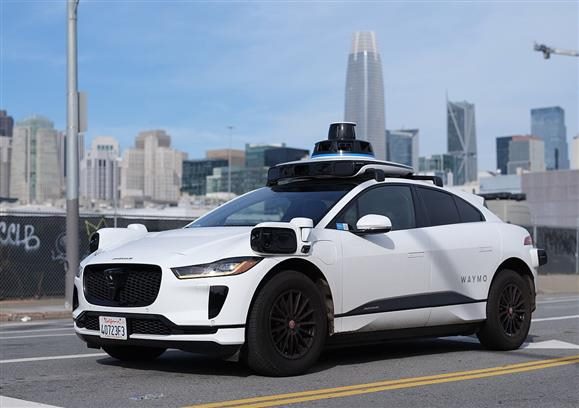Jeff Bezos steps back into an operational leadership role as co-CEO of Project Prometheus, a new AI startup focused on building "AI for the physical economy."
The company, which has not yet announced any product or research milestones, already raised more than $6 billion, hired talent from OpenAI, DeepMind, Meta and major research labs and is being co-led by former Google X executive Vik Bajaj.
Prometheus is positioning itself as an AI research lab focused on manufacturing, logistics, engineering and other real-world systems. Bezos’ self-appointed return to a CEO seat suggests he sees an untapped opportunity in industrial and infrastructure-focused AI, a sector many expect to become the next major frontier for enterprise AI adoption.
Table of Contents
- A Billion-Dollar Lab With No Public Trail
- Who’s Really Running Prometheus?
- Bezos Bets on Bringing AI Into the Real World
- What Prometheus Means for Big Tech
- What’s Next for Project Prometheus?
- FAQs
A Billion-Dollar Lab With No Public Trail
Project Prometheus has not released research or publicly described its models, and employees are operating under strict confidentiality agreements, according to unnamed sources quoted by the New York Times. In addition, Prometheus does not maintain a public website, and the company has not acknowledged its long-term goals beyond limited regulatory filings.
The AI startup appears to be building the kind of team typically seen inside advanced research labs. More than one hundred employees have reportedly joined from Meta, OpenAI, DeepMind and similar industry heavyweights, and early LinkedIn profiles show founders with backgrounds at Microsoft, DeepMind and Nvidia.
The skill sets represented include computational science, robotics, AI systems engineering and real-world operations, all of which point toward a company designed for large industrial problems rather than digital products.
Related Article: OpenAI: Hallucinations Aren’t a Glitch — They’re a Feature
Who’s Really Running Prometheus?
AI focused on manufacturing is a logical direction for Jeff Bezos given his long history with logistics, automation and space technology. He's also known for building systems that marry software with hardware, from Amazon’s warehouse robots and logistics infrastructure to the rockets at Blue Origin. Project Prometheus appears to be the billionaire's attempt to bring that integrated thinking to the AI boom.
Bezos is joined by co-founder and co-chief executive Vik Bajaj, a physicist and chemist who previously worked alongside Google co-founder Sergey Brin at Google X, the research group known for projects like Wing and the self-driving technology that later became Waymo.

In 2015 Bajaj helped launch Verily, Alphabet’s life sciences research arm, and later co-founded Foresite Labs, which incubated startups focused on AI and data science. He recently stepped away from that role to focus full-time on Project Prometheus, according to multiple people familiar with the matter.
For Bezos, this represents an opportunity to shape the next major phase of AI: the phase where intelligent systems leave the screen and start influencing how the world actually works. This isn’t new for Bezos, who last year invested in Physical Intelligence, a startup that is applying AI to robots. He has often favored long-horizon projects, investing years before commercial payoff emerges, a pattern consistent with the early profile of Prometheus.
Bezos Bets on Bringing AI Into the Real World
While Prometheus has released almost no technical details, its early hiring and strategic focus suggest a focus on applying frontier AI models to real-world systems rather than consumer applications.
People familiar with the company’s plans claim that Prometheus is expected to explore large-scale, robotics-driven scientific experimentation similar to the approach taken by Periodic Labs, which is developing a Northern California facility where robots will conduct high-volume scientific trials to train AI on physical experimentation.
This points toward several likely areas of emphasis:
1. Adaptive Robotics for the Messy Real World
Manufacturing remains one of the least modernized sectors in terms of AI adoption. Production lines still rely on fixed automation and manual tuning, and predictive maintenance models often struggle with reliability.
An AI system trained on real-world experimentation (AKA world models) could support adaptive robotics, continuous optimization and safer autonomous machinery.
2. AI That Rewires Global Logistics
Given Bezos’ history building Amazon’s logistics network, one could expect Prometheus to explore AI models that improve physical routing, inventory positioning, transportation modeling and last-mile decision-making. Even small improvements in these areas could have large economic impacts.
3. Engineering the Next Frontier of Autonomous Flight
Bajaj’s background in scientific computing, paired with Bezos’ long-standing investment in Blue Origin, makes aerospace modeling, materials science, simulation and autonomous flight systems likely areas of research.
4. Smarter Models for Heavy Infrastructure
Energy grids, water systems and utilities are taking on greater volatility. AI models that predict load fluctuations, detect anomalies, optimize flows or manage distributed assets could play a significant role in infrastructure planning and resilience.
5. Bringing Frontier AI to the Edge
A major limitation of current AI is the difficulty of running frontier-scale models (the largest, most advanced AI models that push current technical limits) on resource-constrained hardware.
If Prometheus develops new methods for compressing or distilling advanced models into edge environments, it could unlock autonomous behavior in machines that cannot afford heavy compute.
Related Article: Moats or Myths? How OpenAI, Anthropic and Google Plan to Stay on Top
What Prometheus Means for Big Tech
While most of the AI attention is still on chatbots, agents and copilots, Prometheus appears to be targeting manufacturing, logistics, robotics and large-scale engineering, raising the technical bar far above traditional software AI.
The startup's emergence comes as several new AI labs form outside Big Tech — often staffed by former researchers from OpenAI, Google and Meta — who are pursuing more specialized or long-term scientific work.
If Prometheus succeeds, it could influence how major industries adopt AI and reshape competitive dynamics among tech companies moving into automation, infrastructure and physical operations. That said, it still faces significant uncertainties. Building AI that operates in the physical world is a far harder technical challenge than developing software-based language models and brings far heavier regulatory oversight.
What’s Next for Project Prometheus?
The AI startup has shared few details, making it difficult to assess how its approach differs from other efforts in physical-world AI. Prometheus is still in its earliest phase, and its significance will depend on whether Bezos and Bajaj can turn an ambitious vision for industrial-scale AI into systems that work reliably outside controlled environments.
FAQs
Traditional AI mostly operates on text, images and digital data — think ChatGPT. Physical-economy AI is more complicated, as it must handle:
- Real-world variance
- Safety constraints
- Mechanical Failure
- Unpredictable environments
- Regulatory oversight
Instead of reasoning via just language, physical AI needs to reason about materials, physics, systems engineering and real-time control.
An example of physical-economy AI is Waymo's autonomous cars, which need to navigate unpredictable road conditions, route closures, traffic patterns, crossing pedestrians and more.
Two reasons:
- Frontier models are plateauing in purely digital tasks, pushing labs toward harder, physical problems; and
- industries like manufacturing, energy, aerospace and logistics are facing massive labor shortages and efficiency pressures that make automation newly attractive.
The timing is right for labs like Prometheus to go after domains Big Tech has largely ignored.
Yes, but they’re fragmented. Competitors include:
- Physical AI labs (e.g., Physical Intelligence, Periodic Labs)
- Robotics AI companies (Covariant, Vicarious alumni groups, Intrinsic)
- Industrial software giants moving into AI (Siemens, Rockwell, Honeywell)
- National labs & aerospace contractors
No one has consolidated industrial AI into a unified research lab the way OpenAI consolidated generative AI, which is why Prometheus' strategy stands out.
Key risks include:
- Technical feasibility (physical-world AI is notoriously difficult to generalize)
- Long development cycles with limited early revenue
- Regulatory scrutiny, especially around robotics, aerospace or energy systems
- Talent retention in a market where top researchers are aggressively recruited
- Huge compute + hardware costs for real-world experimentation

